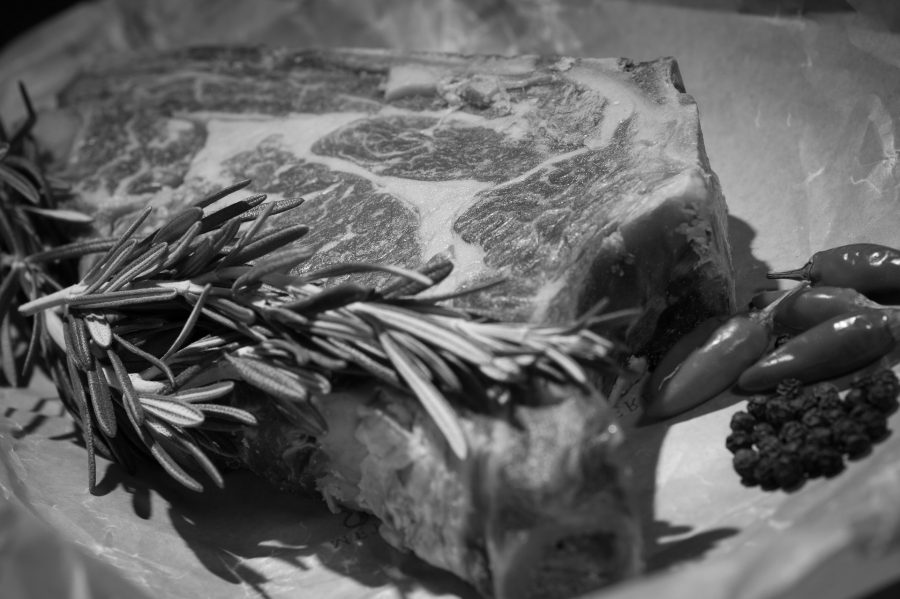THE CORRELATION between being overweight and being in ICU with Covid-19 is so well known outside of Downing Street, that there is already at least one published Covid Diet. Like all diets it suggests that you eat plenty of protein, fresh vegetables and wholegrains (and cut out refined carbohydrates). However, while the Government is trying to encourage us to lose weight, there is another lobby group that wants to keep this type of healthy diet as expensive as possible.
Which lobby group is trying to keep the poor people of Britain fat?
Why, it is the former consumer organisation calledWhich? that is presently working with a producer organisation – the National Farmers Union (NFU).
How are they doing this? By demonizing imported cheaper protein from the US: meat that has been cleaned to reduce pathogens or given hormones to produce meat more efficiently – or not. For not all US meat is produced this way, yet strangely Which? failed to inform its readers of this. Nor did it mention that hormone treated cattle and ractopamine-fed pork, produce leaner meat. Good news for people on the Covid Diet.
Which? claims that it is promoting animal welfare, yet it completely overlooked UK’s intensive farming, making it obvious that its real target is blocking a US-UK trade deal. The UK is not, however, self-sufficient in food production so blocking a trade deal with a country that exports agricultural products would only push up prices for UK consumers. So why is Which? doing this?
Hormone implants in cattle produce leaner beef for less feed, leaving only tiny amounts of hormone residue in the meat. Someone would have to eat more than 77kg of beef in one meal from a hormone-implanted steer to get the same level of oestrogen hormone found in an egg. Yes, eggs unsurprisingly contain hormones, as do soy products, nuts, legumes, milk, butter, oysters, garlic, celery, brassica vegetables, strawberries, dried fruit and even avocados. But for some reason Which? wants consumers to think that food containing hormones is unnatural. It isn’t.
Which? also claims that US chickens are only ‘Chlorinated’ to hide overcrowded farming conditions – when in fact the washing of chicken meat is mandated by the US authorities to protect humans from catching campylobacter and salmonella. The washing is done by the abattoir and has nothing to do with the farmer and is not dependent on farming conditions. Only US Organic chicken is exempt.
For the most part UK chickens are raised intensively just as they are in the US – less than 2% of UK chickens are raised organically. But UK chicken meat is not cleaned, and the packaging will instruct consumers to not wash the meat under the tap – but to cook it thoroughly. Why not wash it? Well the answer comes straight from the UK’s NHS website:
“Splashing water from washing chicken under a tap can spread the bacteria onto hands, work surfaces, clothing and cooking equipment. Water droplets can travel more than 50cm in every direction. Only a few campylobacter cells are needed to cause food poisoning. Campylobacter is the most common cause of food poisoning in the UK.”
So, UK chicken also has campylobacter that can cause food poisoning. Maybe UK chickens don’t have the ‘higher welfare standards’ that Which? would like us to believe. The main difference between US and UK chicken is that in the UK, the authorities rely on consumers to kill campylobacter in the oven while US authorities believe it is better to kill it at the abattoir. So why is Which? trying to scare UK consumers rather than informing them of this?
I assume the NFU and Which? are hoping to force a kneejerk, protectionist reaction from UK politicians, fearing UK farmers will be unable to compete with US meat produced more efficiently. But politicians should not fall for this propaganda and consumers groups should definitely not be promoting it. UK farmers have been competing successfully with EU producers for 47 years although many of those EU producers have cheaper land, lower wages, lower currencies, more intensive farming practices and even higher subsidies.
Ironically, many modern farming practices banned by the EU for protectionist reasons, enable farmers from smaller countries, such as the UK, to compete with countries with larger farms who can produce more meat for less feed. Without these restrictions farmers’ production costs would be lowered and, if passed on to the consumer, bring down the cost of a high protein diet.
So, if UK farmers are truly unable to compete with US farmers then maybe they should be adopting more efficient farming practices commonly used outside the EU? The NFU should be actively encouraging innovation and reassuring the public that these methods have been used for years without incident – not promoting irrational fears.
The UK needs to sign trade deals that benefit the whole country, including consumers, not kowtow to vested interests. Many are calling on the Government to tax sugar to force people to diet but maybe lowering the price of protein would work just as well.







